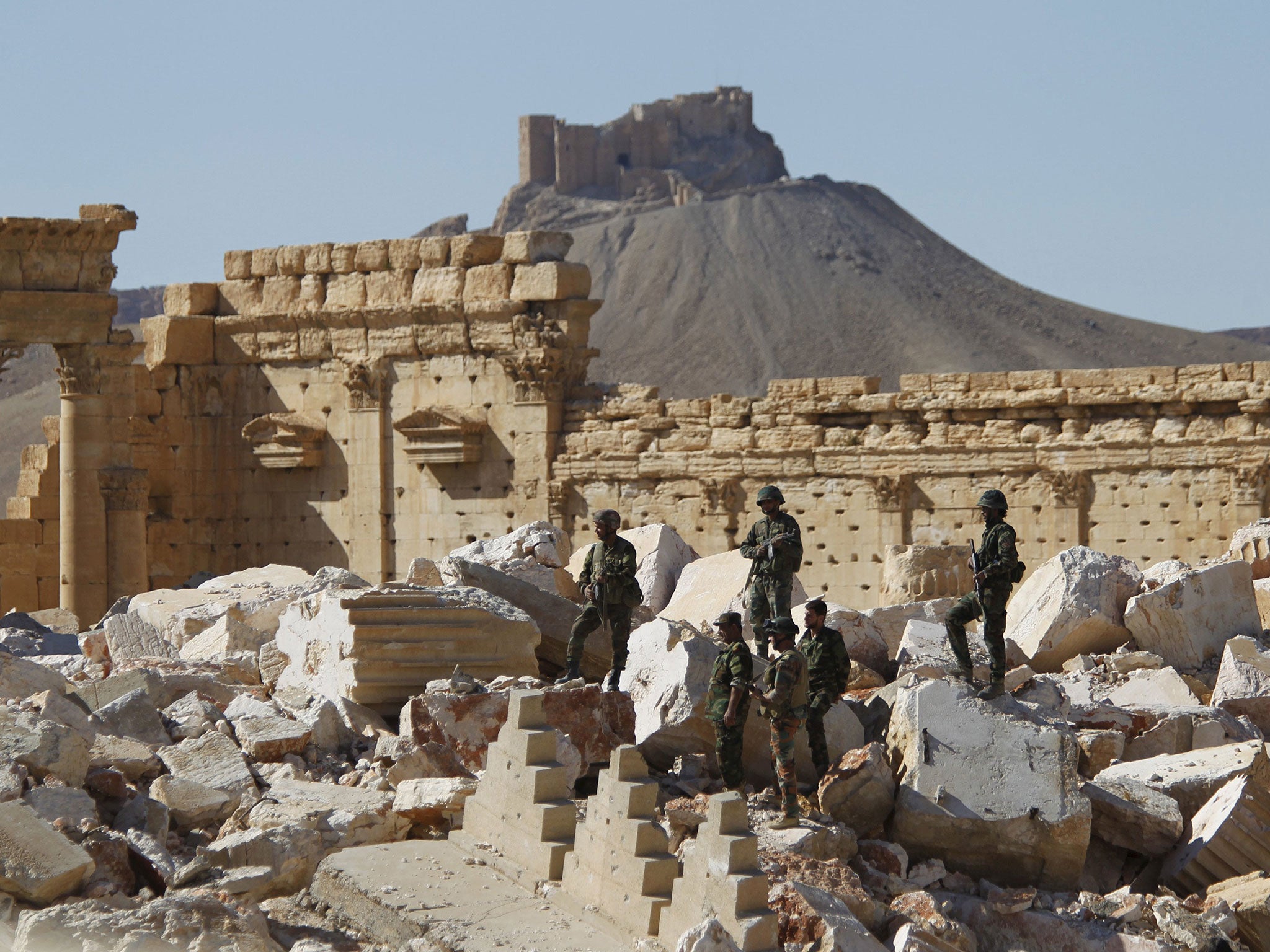Threat to Assad as Alawites distance themselves from crimes of his regime
The Alawite declaration was reportedly smuggled out of Syria in high secrecy, with its authors chosing to conceal their names out of fears for their safety

Your support helps us to tell the story
From reproductive rights to climate change to Big Tech, The Independent is on the ground when the story is developing. Whether it's investigating the financials of Elon Musk's pro-Trump PAC or producing our latest documentary, 'The A Word', which shines a light on the American women fighting for reproductive rights, we know how important it is to parse out the facts from the messaging.
At such a critical moment in US history, we need reporters on the ground. Your donation allows us to keep sending journalists to speak to both sides of the story.
The Independent is trusted by Americans across the entire political spectrum. And unlike many other quality news outlets, we choose not to lock Americans out of our reporting and analysis with paywalls. We believe quality journalism should be available to everyone, paid for by those who can afford it.
Your support makes all the difference.Religious leaders from the sect of President Bashar al-Assad have reportedly sought to distance themselves from the Syrian leader, warning that they “should not be associated with the crimes the regime has committed”.
Unnamed members of the Alawite community were said to have issued a “declaration of identity reform” that affirmed their commitment to “the fight against sectarian strife”.
According to The Sunday Telegraph and the BBC, they declared the Syrian government “does not represent us nor does it shape our identity”.
“Nor do we, the Alawites, substantiate it or generate its power,” they added. “The legitimacy of a regime can only be considered according to the criteria of democracy and fundamental rights.”
Those behind the declaration, which was reportedly smuggled out of Syria in high secrecy, chose to conceal their names out of fears for their safety. It remained unclear to what extent it was supported by the wider Alawite population in Syria.
However, if discontent is growing among Alawites, it could further destabilise Mr Assad at a time when he is already facing deep uncertainty after Vladimir Putin, a key ally, announced a partial withdrawal of Russian troops.
Ever since protests against his rule erupted in March 2011, Mr Assad, himself an Alawite, has sought to cast himself as the guarantor of his country’s many minorities.
Alawism, which had roughly 2.5 million adherents in Syria before the outbreak of war, is often characterised as a heterodox branch of Shia Islam. As a result, Muslim extremists have characterised Alawites – along with Syria’s Christians, Druze and members of other sects – as infidels.
Join our commenting forum
Join thought-provoking conversations, follow other Independent readers and see their replies
Comments